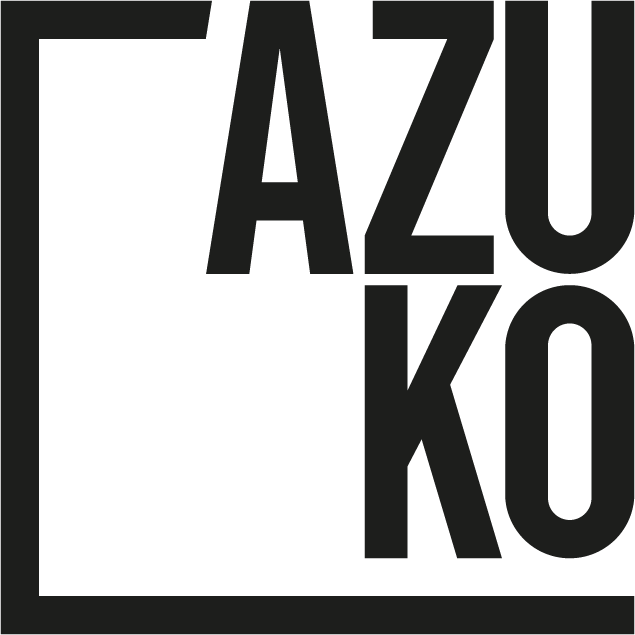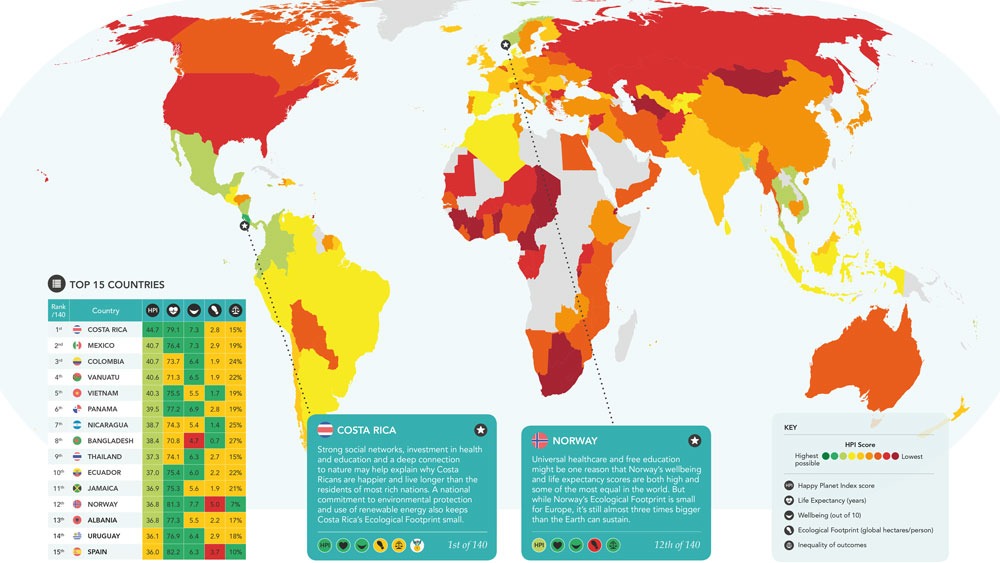Nathan Ardaiz joins AzuKo from the world of social impact. He'll be leading our A sense of place project and bringing his wealth of experience in community engagement to the team. We asked him to share a few thoughts:
Tell us about yourself and what makes you tick...
Life for me, more and more, is about connecting with, and serving people. I also find that creating things (playing music, cooking, writing) brings me joy.
I believe that things happen for a reason and so I do my best to appreciate the nuances and 'minutia' of the day, say thank you to people (often via handwritten notes) and do it with a smile. I'm also infatuated with my nephews - the little time I get to spend with them is a blast.
What is your design ethos?
It begins with happiness. Studies like the Happy Planet Index have shown that people universally are simply seeking contentment.
Design then, for me, is about meeting needs by reducing anxiety and providing opportunities for people to connect, give and serve, create, find freedom, learn, feel secure, be in beauty, live harmoniously, find redemption, be validated and feel a part of something greater than themselves.
“I believe in such things as green space, round tables and public squares - designs that speak to what makes us human.”
I believe in listening - to understand, to acknowledge and to empower.
Diversity, non-linearities and the principles of nature are certainly inspirations as well. A tree has taught me more about the conditions necessary for thriving than most classes I've taken.
I believe in a balanced mix of negation (Nassim Nicholas Taleb describes this concept as Via Negativa), versus a dependence on prescription.
I believe in ambiguity (as described by Ben Hamilton-Baille) - that uncertainty is not actually risky. In fact, uncertainty is often more efficient and effective.
I believe in local and small for a book's worth of reasons.
And I believe in second hand wherever possible (and all other principles that are pro-environment, including bikes and vegetarianism).
Describe the key milestone in your career so far.
The concept of a career, I feel, is so intimately connected with our personal journey, so my greatest milestone is probably something that reflects my personal development more than anything. It's probably when I turned down a promotion while working at a business school when I was writing my Master's thesis. That was when I decided that I wouldn't work purely for comfort and money and that I would challenge myself to spend this short life working on things that I felt didn't just serve me.
What does public interest design mean to you?
With PID there is no clear distinction between the individual and the collective - the collective being comprised of the physical environment and all those in it. It considers the social and cultural experience of those it is intended for and is aware that those who live that experience are perhaps suited to problem solve for that experience.
“PID means understanding, openness, humility and respect for people and planet. It is anti-establishment and anti-status quo, while being humanist, and an indicator of a different future.”
Why did you apply for the position of Research Associate?
I felt like it was a nice blend of things that I do well and things that I've been working toward for several years - research and ethnography, social innovation, community engagement, facilitation and problem solving.
I also appreciate Jo's approach to social change. The bonus is I get to learn more about spatial design and the human-centred methodology. It was the only job I had considered applying for following a year-long fellowship.
What are you looking forward to most about working at AzuKo?
Connecting with, and serving people.
Name or describe an article / publication / image that has changed the way you view the world and the way you approach your work.
Power and Love by Adam Kahane - an idea that has more beautifully synthesised the practicality of spirituality than any other book I've read.
Antifragile by Nassim Nicholas Taleb - a brave, comprehensive, practical and philosophical approach to life, work, the economy, design and everything worth writing about.
Influence by Dr. Robert Cialdini - a rare insight into what it actually means to be human.
A People's History of the United States by Howard Zinn - a hero and a firebrand who didn't allow the towers of academia to stifle his need to stand up for the voiceless. Zinn taught me to care.
Anything by Jiddu Krishnamurti - a gift to me at the age of 17. I haven't stopped reading him since, and am never not reminded of where we all stand cosmically.
The Untethered Soul by Michael Singer - the one that put a little twist on Krishnamurti and the one that relit the fire.
A General Theory of Love by Thomas Lewis, Fari Amini and Richard Lannon - a poetic and scientific insight into what defines our ability to love and connect with others.
What five words would someone use to describe you?
“Kind... hungry (for food and otherwise)... gregarious... intentional... thoughtful.”




